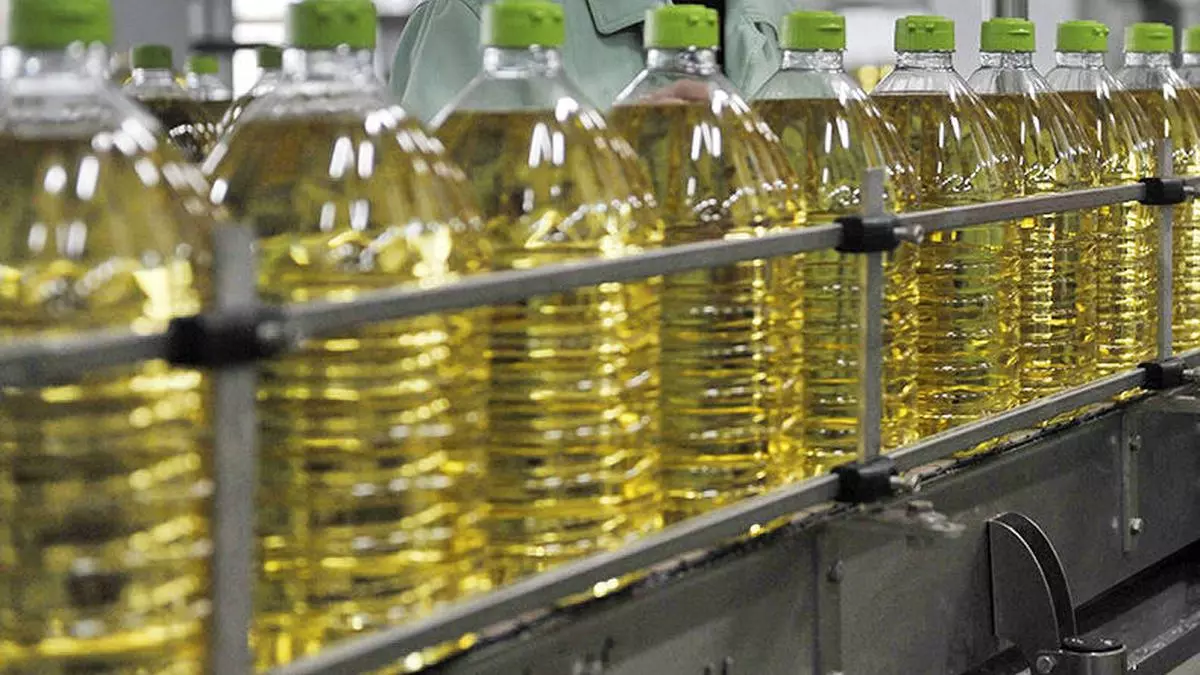Solvent extractors body urges govt to review weightage of edible oils in WPI
The Solvent Extractors’ Association of India (SEA) has urged the government to review the weightage of individual edible oils in the wholesale price index (WPI).
In his monthly letter to the members of SEA on Friday, Ajay Jhunjhunwala, SEA President, said the weightage for edible oils in WPI is currently 2.64293 per cent under food articles, based on consumption and average price from 2011-12.
Stating that the consumption patterns have significantly changed in recent years, he gave the examples of vanaspati and soyabean oil. While vanaspati consumption is now approximately 2.88 per cent, its WPI weightage is still 14.35 per cent. Though soyabean oil consumption is around 20.15 per cent, its weightage is only 12.96 per cent. “These discrepancies lead to inaccurate inflation data,” he said.
SEA has raised this issue with the Department of Consumer Affairs, Food and Public Distribution, urging a review of the weightage of individual edible oils in WPI to reflect current consumption patterns more accurately, he said.
Ban on ricebran exports
On the continued ban on export of de-oiled ricebran, Jhunjhunwala said the government has extended the ban until January 31 2025, despite SEA’s continuous efforts to lift the ban.
SEA members processing ricebran in eastern India, particularly in West Bengal, are already suffering due to this ban with plants operating at low capacity or closing down. This has also impacted the production of ricebran oil in the country. “We once again appeal to the government to reconsider this matter and allow the export of de-oiled ricebran in the larger interest of the industry, rice millers, farmers and the nation,” he said.
Stressing the need to prevent adulteration in ricebran oil, he said ricebran is a healthy oil and de-oiled ricebran is a vital ingredient in animal feed. Stating that the recent instances of adulteration have raised significant concerns, he appealed to the SEA members to strictly follow quality control in the purchase of raw materials, both ricebran for solvent extraction and ricebran oil for refining. “Our association has worked hard to promote ricebran oil as a healthy oil; let us ensure these efforts are not undermined and give the whole industry a bad name because of a few misguided processors,” he said.
ASEAN pact
Mentioning that the Union Commerce Ministry is currently reviewing agreements with ASEAN countries, he said the association has highlighted two anomalies in the previous agreement with the ministry. He said the revised agreement should include a provision for ‘Bilateral Safeguard Duty’ so that additional duties can be imposed automatically when excessive imports harm the domestic industry, without the cumbersome process of filing for Safeguard Duty.
While the current agreement provides for a bound rate for imposing highest import duty on palm products imported by India, exporting countries are free to impose export duties and levies as the agreements are silent on this issue. “We strongly suggest that the revised ASEAN agreement include a provision to regulate the imposition of export duties/levies by exporting countries to ensure a level-playing field,” he said.
Extending his congratulations to Sanjeev K Asthana, CEO of Patanjali Foods, for being elected unopposed as the President of SEA for 2024-25, Jhunjhunwala said he will formally hand over the baton to Asthana at the annual general meeting on September 18. The AGM will be followed by ‘Globoil India 2024’ in Mumbai on September 19 and 20.
